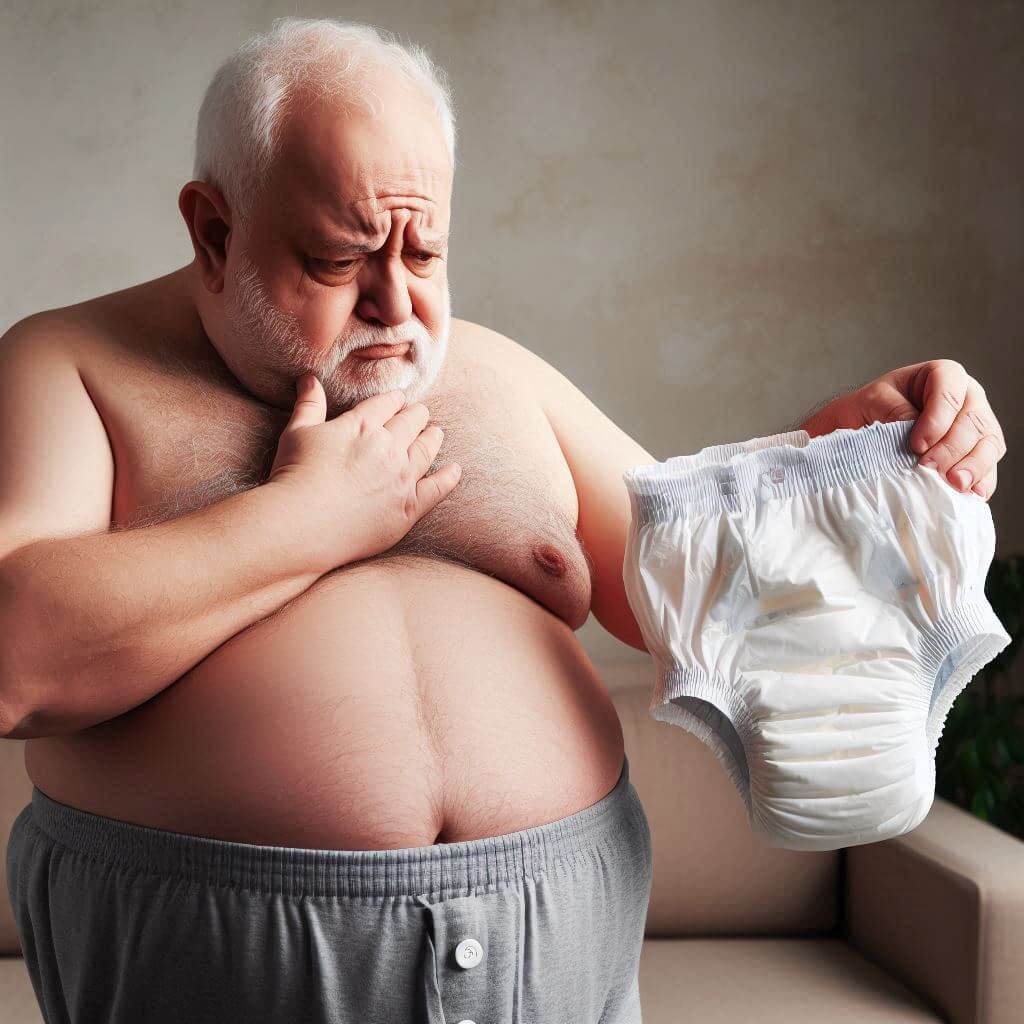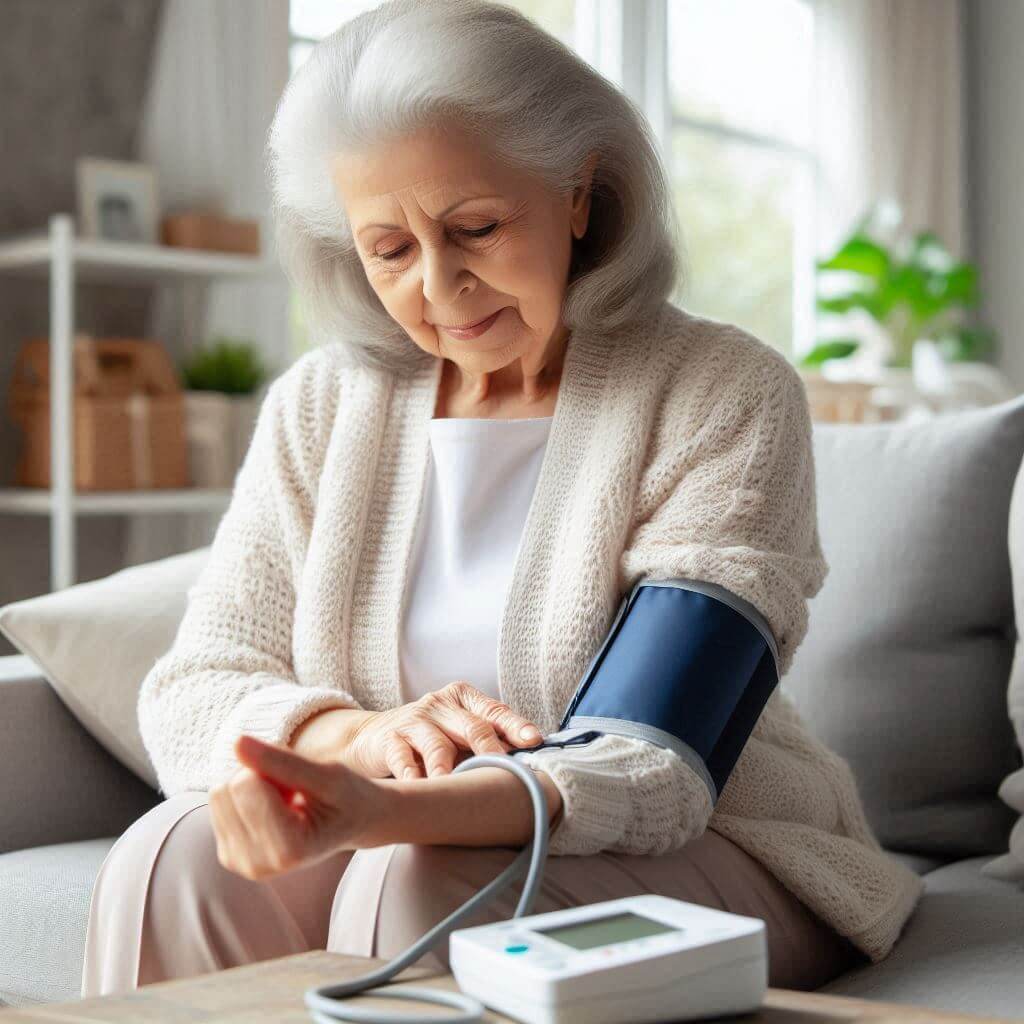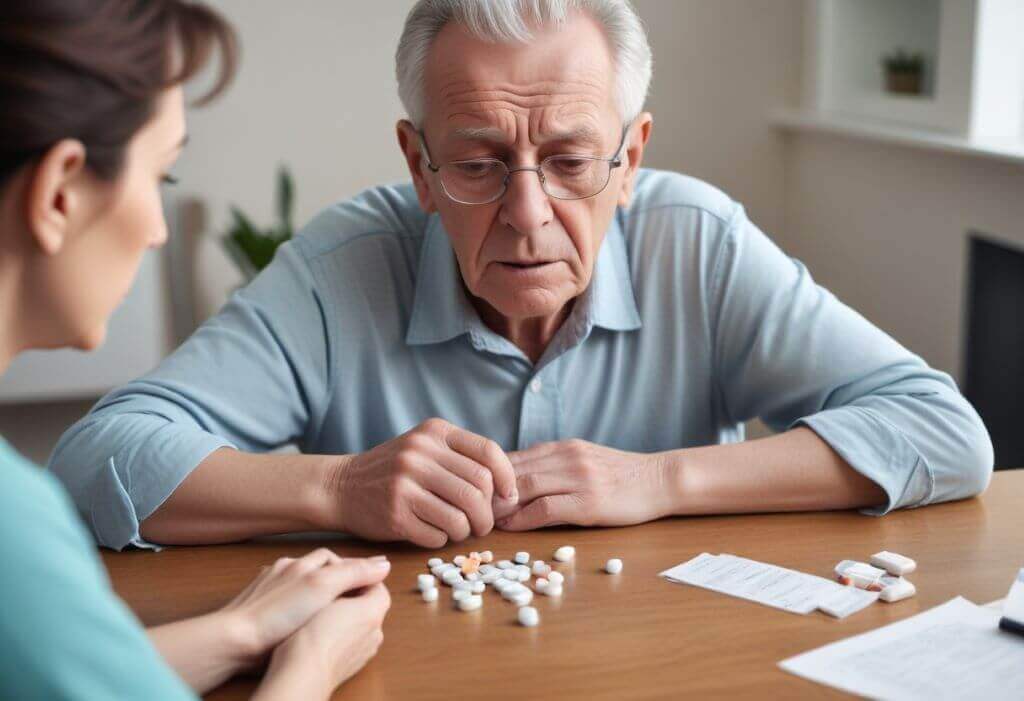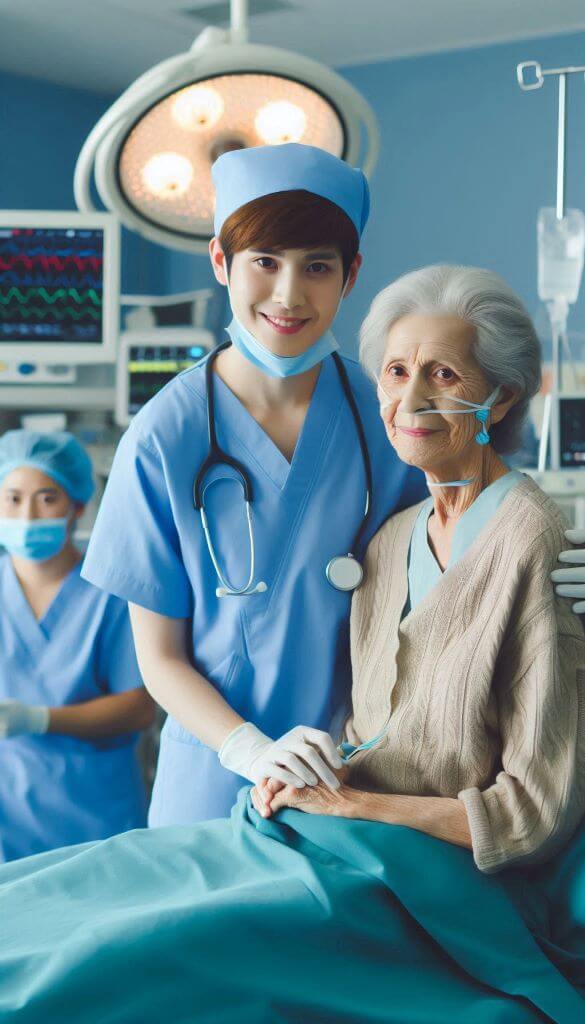Urinary incontinence and obesity are, each in their own right, prevalent health conditions affecting millions of older adults in the US. According to statistics from the Centers for Disease Control and Prevention (CDC) , more than 40% of Americans aged over 65 experience incidents of urinary incontinence. The CDC reports similar numbers for obesity; also a shade over 40%.
On its own, incontinence is rather more of an inconvenient and potentially embarrassing condition than a disease. It is certainly not counted among the life-threatening diseases, and it can be reversed or managed without serious long-term effects if dealt with appropriately. Obesity, on the other hand, can have far more serious consequences if it isn’t addressed. Working in tandem, however, they can create severe health problems.
The Physiological Connection
Stress Incontinence: Carrying excess weight significantly increases pressure on the body. This pressure compresses the bladder, weakening the pelvic floor muscles, a crucial hammock-like structure supporting the bladder and urethra. It also puts extra stress on the urethral sphincter, the muscular valve that controls urine flow. The compromised muscle structure is more likely to allow involuntary leakage, particularly when coughing, sneezing or exercising.
Urge Incontinence: Apart from the physical aspect, there is also a hormonal effect. Adipose tissue, or, more commonly, body fat, actively produces hormones that influence bladder function. Research suggests these hormones might irritate and destabilize the bladder and manifest as increased urinary urgency, a hallmark symptom of urge incontinence.
Mixed Incontinence:This is a combination of stress and urge incontinence elements. Unfortunately, obesity tends to aggravate both aspects, making this a particularly challenging type to manage.
Overflow Incontinence: Weakened pelvic floor muscles can hinder the flow of urine and result in the bladder not emptying completely. This can be extremely frustrating as you might feel the constant urge to urinate, and your bladder may overfill, causing unexpected dribbling. Stagnant urine in the bladder can also contribute to stone formation.
Treatment Strategies
Fortunately, incontinence and obesity are both very treatable. The first step is to consult a healthcare professional, preferably one specializing in these conditions. Ideally, a treatment plan should start with a conservative approach that involves only lifestyle changes and non-invasive therapies. Let’s look at the options:
Physical Therapies
- Targeted Pelvic Floor Muscle Exercises (Kegels): These exercises strengthen the pelvic floor muscles, providing support to the bladder and reducing leaks. Studies have shown Kegel exercises to be very effective in improving incontinence symptoms.
- Regular General Exercise: Physical activity is one of the cornerstones of weight loss and may also help to strengthen the pelvic floor muscles. Start with low-impact exercises like walking or swimming and gradually increase intensity within your ability. Even small increases in daily activity can make a big difference. As Nelson Mandela wisely said, "It always seems impossible until it's done." Take it one step at a time and celebrate your progress.
- Bladder Training: This technique involves retraining the bladder to hold urine for longer periods. It might involve scheduled toileting or delaying urination when you feel the urge. While it takes practice, bladder training can effectively manage both urge and stress incontinence.
Lifestyle Changes
- Balanced Diet: A healthy diet is another key component in weight management. Include plenty of fruit, vegetables, and whole grains, but limit processed foods and sugary drinks. This approach may also reduce bladder irritation.
- Fluid Management: Hydration is essential, but excessive fluids should be avoided before bedtime to minimize nighttime leaks. Try to drink at least eight glasses of fluids spread throughout the day, but don’t drink anything within two hours of sleep.
- Modify Bad Habits: Caffeine, alcohol, and spicy foods are known to irritate the bladder and aggravate incontinence. Alcohol is also a major risk factor for weight gain as it adds “empty calories” to your intake and also slows down the fat-burning process. Quitting or cutting down on these can make a significant difference.
- Absorbent Products: While not a cure, absorbent products like adult diapers or pads and liners help manage leaks and maintain discretion and confidence while going about a normal life.
The Unseen Impact
We’ve seen that incontinence and obesity both adversely impact the quality of life and overall well-being of an affected person. However, these conditions can also profoundly affect mental and emotional well-being. Feelings of embarrassment, social isolation, and a loss of independence are common concerns. Various studies have found a strong correlation between incontinence and depression in older adults. Similarly, people suffering from obesity have a 30% to 70% higher risk of developing mental health issues, according to this National Library of Medicine publication .
Maintaining Mental and Emotional Well-being
Mental health issues can be considered a creeping shadow, sneaking up on you gradually until it’s almost too late. It’s crucial to get professional help as soon as you notice anything a little different.
- Therapy: Talking to a therapist allows you to share your concerns and get professional help and advice to develop coping mechanisms. Cognitive-behavioral therapy (CBT) has been shown to be particularly effective in addressing anxiety and depression associated with incontinence and obesity.
- Support Groups: Support groups bring together people with shared interests and experiences. This promotes a sense of community and understanding, where members can offer valuable, practical advice based on their own journeys.
- Build a Strong Support Structure: Surround yourself with supportive friends and family members who understand your challenges and can offer encouragement and emotional support.
- Mindfulness Practices: Techniques like meditation and deep breathing exercises can help reduce stress and anxiety and cultivate feelings of calm and acceptance.
A Final Note: Hope and Empowerment
Living with incontinence and obesity can be challenging, but it doesn't have to define you. Make some healthy lifestyle changes, and lean on available support structures to help you manage these conditions and live a fulfilling life.
For example, LL Medico specializes in the supply of a wide range of quality senior care products. With our Autoship function, you never have to worry about running short of supplies. Your order is delivered reliably at intervals you specify, taking the worry of managing your supplies off your mind. For the best in adult diapers , personal care and hygiene products and supplements for healthy nutrition , call us at (855) 422-4556 or email supprt@llmedico.com today.
Remember, you are not alone. Millions of people face similar challenges, and effective strategies and resources are available to help you regain control of your health and well-being. Believe in your ability to thrive despite these challenges, and embrace the journey towards a healthier, happier you.






 855-422-4556
855-422-4556 Chat
Chat E-Mail
E-Mail Monday - Friday 9:00AM to 5:00PM EST
Monday - Friday 9:00AM to 5:00PM EST






 Shopping With LL Medico
Shopping With LL Medico



 855-422-4556
855-422-4556